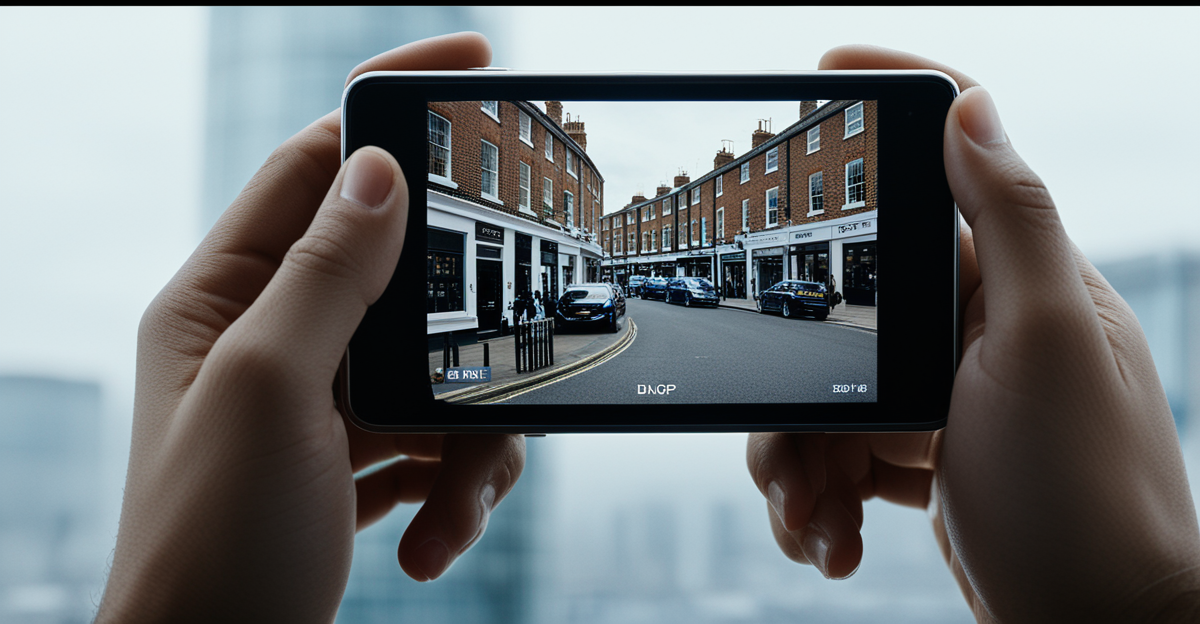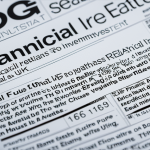How UK AI Innovations Are Enhancing Daily Life
British advances in UK artificial intelligence advancements have begun reshaping many aspects of everyday living, demonstrating significant AI impact on daily life. These innovations move beyond research labs, embedding smart technologies into routine services and products that people interact with daily.
One prominent example lies in healthcare, where AI-driven tools improve diagnostics and personalize treatment protocols. For instance, machine learning algorithms analyze medical images to detect diseases more accurately and quickly than traditional methods. This not only boosts early intervention but also reduces strain on healthcare providers. Additionally, personal assistant devices powered by AI are becoming more intuitive, offering tailored support for scheduling, reminders, and even mental health monitoring, illustrating practical AI applications enhancing individual well-being.
Also to discover : What impact does UK technology have on global sustainability?
The collaboration between government bodies and private companies further accelerates the deployment of AI technologies in public sectors. Initiatives focusing on smart public services use AI to optimize traffic flow, energy use, and emergency response. This integration streamlines urban living while maintaining safety and sustainability goals. Together, these examples showcase the growing footprint of AI across the UK, providing tangible benefits that improve convenience, efficiency, and health outcomes in daily routines.
The Expansion of 5G and Its Everyday Benefits
The ongoing rollout of 5G technology in the UK is rapidly transforming the landscape of connectivity, delivering faster, more reliable internet access to consumers nationwide. Across urban and rural areas alike, the expansion of 5G networks is enhancing next-gen connectivity, enabling a multitude of real-world benefits for homes, transportation systems, and businesses. These advances directly translate into a significant 5G impact on consumers, improving everything from streaming quality to responsiveness in smart devices.
Additional reading : What Are the Latest UK Technology Innovations Shaping the Future?
With greater bandwidth and lower latency, 5G supports more seamless integration of digital products in daily life. Homes equipped with smart appliances and AI-powered personal assistants experience smoother performance, while transport systems utilize 5G to optimize traffic flow and safety through real-time data exchange. For businesses, next-generation connectivity means enhanced capabilities in remote work, cloud computing, and virtual collaboration.
Consumer experiences highlight how 5G unlocks practical advantages: video calls become clearer with no lag, online gaming reaches new levels of responsiveness, and emerging technologies like augmented reality become more accessible. The UK’s commitment to expanding 5G coverage fosters an environment where innovation can thrive, reinforcing the network’s pivotal role in advancing digital lifestyles.
Recent Breakthroughs in Renewable Energy Across the UK
The UK renewable energy sector is rapidly advancing with innovative, sustainable technologies that are reshaping domestic energy use. New developments in solar panels and wind turbines offer higher efficiency and greater adaptability for homes and businesses. For example, next-generation solar cells can capture more sunlight even in cloudy conditions, addressing the UK’s variable weather. Energy storage technologies, such as improved battery systems, also enhance the practicality of these renewable sources by storing excess power for later use, significantly reducing reliance on traditional energy grids.
Government incentives play a crucial role in accelerating the uptake of green innovation. Programs offering subsidies and tax relief enable more households and companies to adopt renewable solutions, leading to a broader environmental impact and lower energy bills. These initiatives not only promote cleaner energy but also support UK-wide goals for carbon reduction and energy independence.
The real-world impact is clear: many families report noticeable reductions in energy costs due to solar and wind installations. Additionally, this transition contributes to a smaller carbon footprint, aligning individual actions with national sustainability targets. Collectively, the UK’s strides in sustainable technology are creating more resilient, eco-friendly energy systems for both present and future generations.
How UK AI Innovations Are Enhancing Daily Life
British breakthroughs in UK artificial intelligence advancements are driving a profound AI impact on daily life by seamlessly embedding intelligent solutions into everyday environments. These real-world AI examples showcase AI’s evolution from theoretical concepts to practical tools that increase convenience and efficiency across various sectors.
In healthcare, AI applications extend beyond diagnostic imaging to include predictive analytics that anticipate patient deterioration, enabling earlier interventions. AI-powered virtual assistants now support patients in medication management and appointment scheduling, easing burdens on healthcare professionals and improving patient adherence. Moreover, AI algorithms analyze vast datasets to personalize treatments, tailoring care plans to individual genetic profiles and health histories.
Government and private companies collaborate to expand AI deployment in public services. Initiatives leveraging AI optimize energy grids, reducing consumption through intelligent demand forecasting. Similarly, AI-driven traffic management systems adjust signals dynamically to alleviate congestion, enhancing urban mobility. These integrated approaches demonstrate the practical benefits of UK artificial intelligence advancements, proving their value in improving public welfare.
Beyond public services, consumer products enhanced by AI, such as home automation systems, learn user preferences to create more responsive living spaces. The continuous refinement of natural language processing enables smarter personal assistants and chatbots, facilitating smoother human-computer interactions. Collectively, these real-world AI examples reflect a broader shift toward smarter, more adaptive environments that enhance daily routines and societal functions alike.
How UK AI Innovations Are Enhancing Daily Life
UK artificial intelligence advancements are increasingly visible through a spectrum of real-world AI examples that significantly improve daily experiences. The AI impact on daily life is perhaps most evident in healthcare, where AI systems analyze vast amounts of medical data, enabling earlier and more accurate diagnoses. For example, machine learning models predict patient risks, supporting clinicians in making proactive treatment decisions. These AI-driven tools reduce diagnosis time and increase personalized care, demonstrating how advancements translate directly into better health outcomes.
Beyond healthcare, personal assistance technologies powered by artificial intelligence now provide seamless integration into daily routines. Smart home devices learn individual preferences, adjusting lighting or heating to enhance comfort and energy efficiency. Advanced natural language processing enables these assistants to understand complex queries, facilitating effortless communication. These real-world AI examples illustrate how UK artificial intelligence advancements enhance convenience and productivity by automating mundane tasks and anticipating user needs.
Government initiatives further embed AI in public services to optimize efficiency and responsiveness. AI algorithms manage traffic flow dynamically, lessen energy consumption across public buildings through intelligent forecasting, and improve emergency response times by prioritizing resource dispatch in real-time. Partnerships between public bodies and private companies accelerate this process, ensuring the benefits of UK artificial intelligence advancements reach communities broadly.
Collectively, these applications make clear the broad AI impact on daily life within the UK, showcasing practical gains from both private and public sector innovations. As AI evolves, its integration into everyday tools and services promises ongoing improvements to health, convenience, and urban living.








